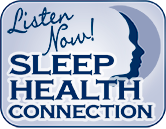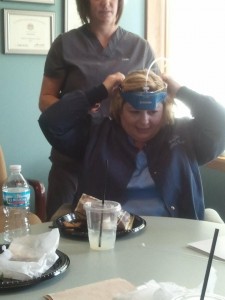Is Your Tooth Grinding Keeping You Awake at Night?
Tooth grinding at night, also known as Bruxism, is a very common sleep problem that affects up to 75% of adults at some point in their lives. Fortunately, dentists regularly notice the signs of tooth wear and will prescribe their patients a nighttime mouth guard to effectively cover and protect your teeth and keep your teeth healthy for life.
While nighttime mouth guards are effective in protecting your teeth, they do no treat sleep apnea or snoring. In fact, mouth guards can actually amplify your sleep apnea. Recent studies have found tooth grinding rarely occurs by itself. In fact, sleep apnea was found to have the greatest association with those who grind their teeth at night.[1]
How do you know if you have sleep apnea? If you suffer from any of the following symptoms, you may have untreated sleep apnea.
- Waking up after a full nights sleep unrefreshed, feeling tired
- Dry mouth, sore throat and/or gastric reflux
- Morning or evening headaches
- Loud snoring
- Waking up at night to urinate
- Sweating while sleeping
- Weight Gain
- Short term memory problems
- High blood pressure
- Mood swings and relationship problems
Treating sleep apnea will make a tremendous improvement in the quality of your life. There are several options available to people that grind their teeth and have sleep apnea. A CPAP or Oral Appliance Therapy are both effective treatment options. Consult with your physician to start treating your sleep apnea and make a difference in your life.
[1] Sleep Med. 2002 Nov;3(6):513-5.







(630) 369-5508